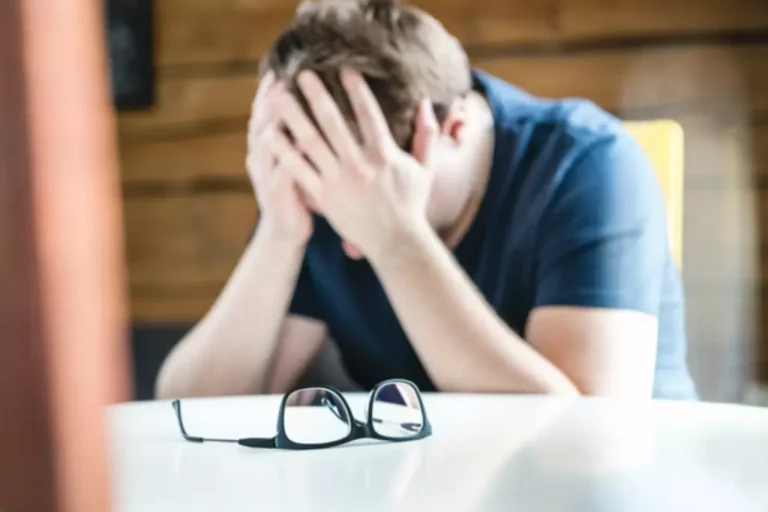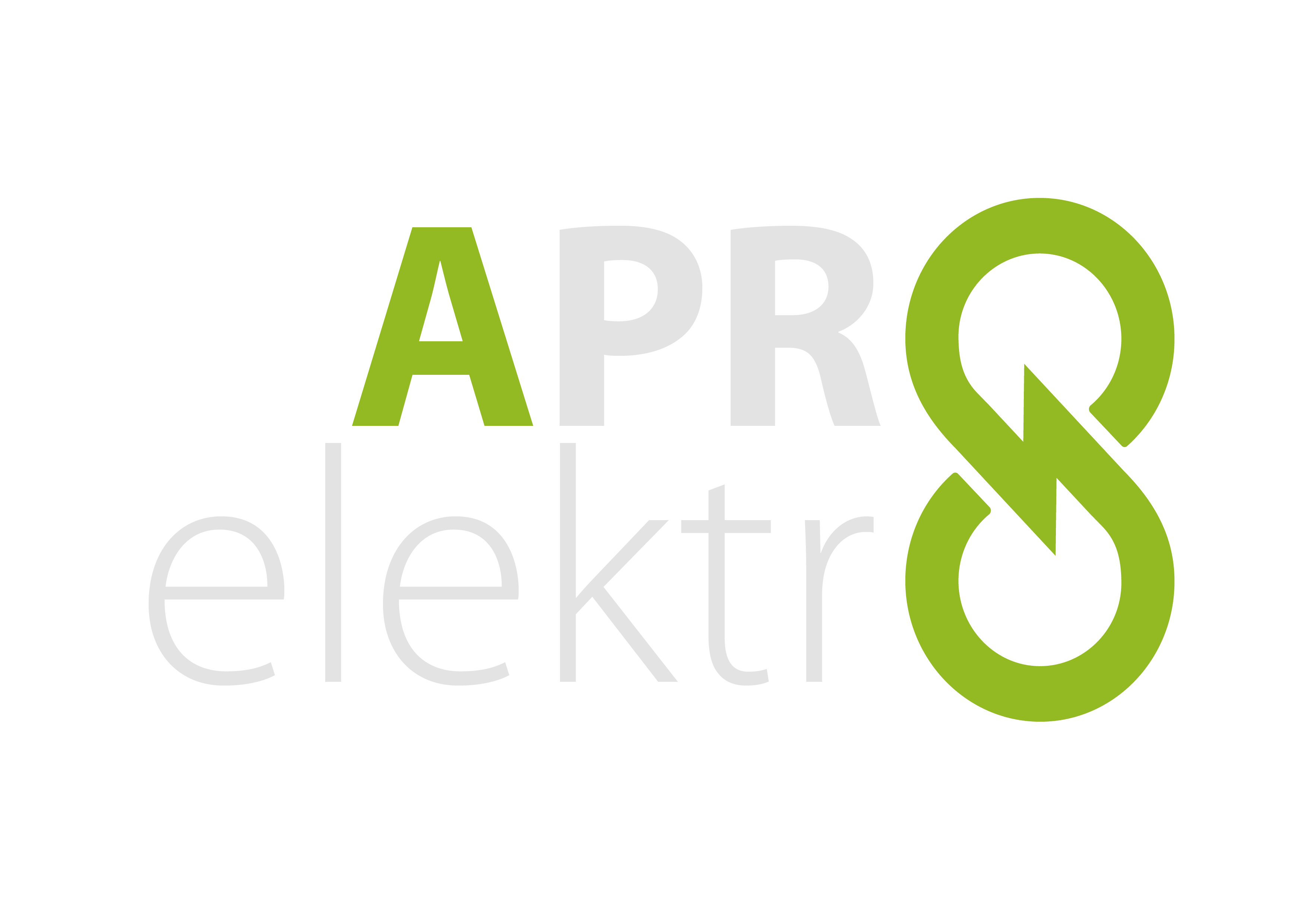Content
In late stage recovery, individuals are subject to special risks of relapse that are not often seen in the early stages. Clinical experience has shown that the following are some of the causes of relapse in the growth stage of recovery. Probably the most important thing to understand about post-acute withdrawal is its prolonged duration, which can last up to 2 years [1,20].
One important study examined the effect of visual triggers in people who were former users of cocaine. Researchers showed the participants photos of cocaine and related situations https://ecosoberhouse.com/ and found that the images resulted in a subconscious emotional response in the brain. The researchers observed a rapid activation of the pathways related to drug cravings.
Environmental triggers (people, places, things)
Triggers provide a perfect example of why staying sober isn’t as simple as it seems. For many individuals, recognizing and preventing relapse is one of the most challenging aspects of recovery. Unless you have experienced them personally, you cannot imagine how difficult it can be to navigate a trigger without giving in to temptation. Alcohol is particularly difficult because so many people view drinking as normal, and it can crop up in unexpected places like office parties or even a neighborhood potluck. It’s important to make a list of people, places and things that are significant triggers for you so you can avoid putting yourself in a situation that may support relapse. Enlist the help of a friend, counselor or sponsor to get down the triggers you may not think of right off the bat.

3) Clients feel they are not learning anything new at self-help meetings and begin to go less frequently. Clients need to understand that one of the benefits of going to meetings is to be reminded of what the “voice of addiction” sounds like, because it is easy to forget. Clinical experience has shown that common causes of relapse in this stage are poor self-care and not going to self-help groups. In the second stage of recovery, the main task is to repair the damage caused by addiction [2].
Recognizing the Stages of Relapse
In rats and humans, the hormone corticosterone increases the level of dopamine, a brain chemical that plays a major role in reward-seeking behavior, in the brain in response to stress. Cocaine and several other illicit drugs also boost levels of dopamine. The Marquette researchers stated a stressed animal previously exposed to cocaine will crave the drug because the dopamine surge from cocaine trumps the release of stress-related dopamine. A person can find alternative routes to avoid high-risk places, such as places where they used to meet their dealers or bars where they used to binge drink. Contact a treatment provider today to find your way to peace and sobriety. The important step of recovery planning usually takes place while an individual is still in a treatment setting.
It is a common experience that airports and all-inclusive resorts are high-risk environments in early recovery. Another form of bargaining is when people start to think that they can relapse periodically, perhaps in a controlled way, for example, once or twice a year. Bargaining also can take the form of switching one addictive substance for another. Helping clients avoid high-risk situations is an important goal of therapy.
Physical Relapse
When recovering individuals do not develop healthy life skills, the consequence is that they also may be unhappy in life, but that can lead to relapse. They occur when the person has a window in which they feel they will not get caught. Part of relapse prevention involves rehearsing these situations and developing healthy types of relapse triggers exit strategies. Some researchers divide physical relapse into a “lapse” (the initial drink or drug use) and a “relapse” (a return to uncontrolled using) [8]. Clinical experience has shown that when clients focus too strongly on how much they used during a lapse, they do not fully appreciate the consequences of one drink.


